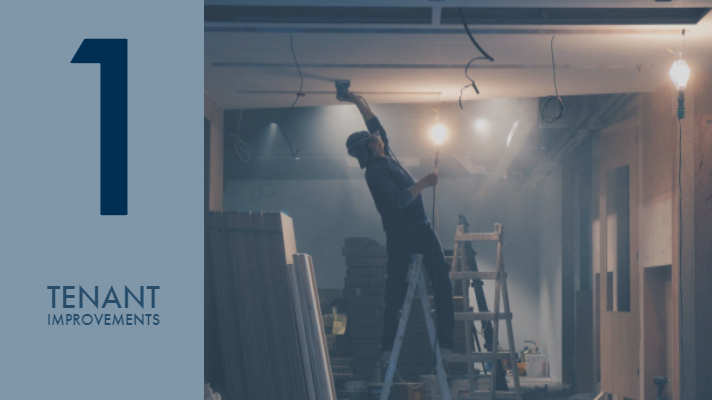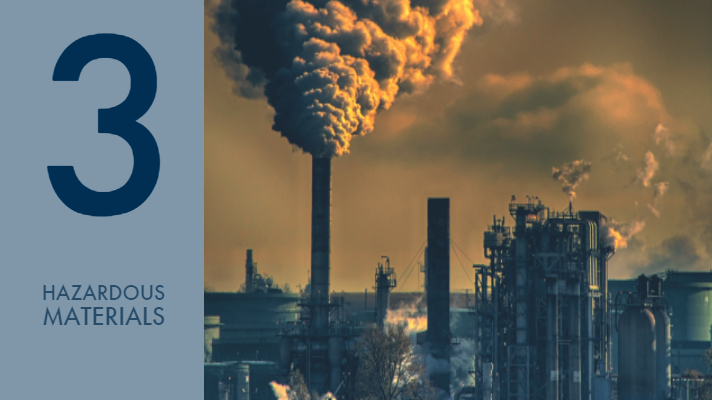Life science and laboratory users face a number of leasing complications unique from traditional commercial users. The following three topics cover the most prevalent issues that arise when structuring a commercial lease:

Tenant Improvements. The build-out period for life science space is typically extensive due to the specialized equipment required. Both the landlord and tenant need to determine early on who will be responsible for design and construction of the improvements by preparing a work letter agreement. The lease should address the ownership of improvements such as cabinets, benches, fume hoods, warm rooms, autoclaves, etc. and who is responsible for removal of such items at the expiration of the Lease. Additionally, tenants need to ensure the building they select can meet their demands.

Security Deposit, Guaranty & Letter of Credit. Many life science companies are startups with little to no operating history with no tangible assets. Since there is high risk due to the volatility of these companies, landlords often require much larger security deposits when compared to traditional commercial leases. Alternatively, if a tenant has sufficient creditworthiness, a letter of credit can be issued by the bank to cover the tenant’s obligations should they default. In addition to a larger security deposit, landlords may require a guaranty of lease. Some landlords may be comfortable with a large deposit burning off over time as the tenant becomes more stable.

Hazardous Materials. Both landlords and tenants need to protect themselves when it comes to hazardous materials. Tenants should demand that landlords represent that they know of no hazardous material contamination of the premises. They should also request a warranty from the landlord stating that they are not responsible for any contamination or costs associated with environmental issues associated with the other tenants in the project. Due to the fact that a landlord can be held responsible for hazardous materials contamination, regardless of the source, they should require all tenants in the project to warrant that they will comply with all applicable environmental rules and regulations. Landlords should also request a list of chemicals being used and stored within the premises.

